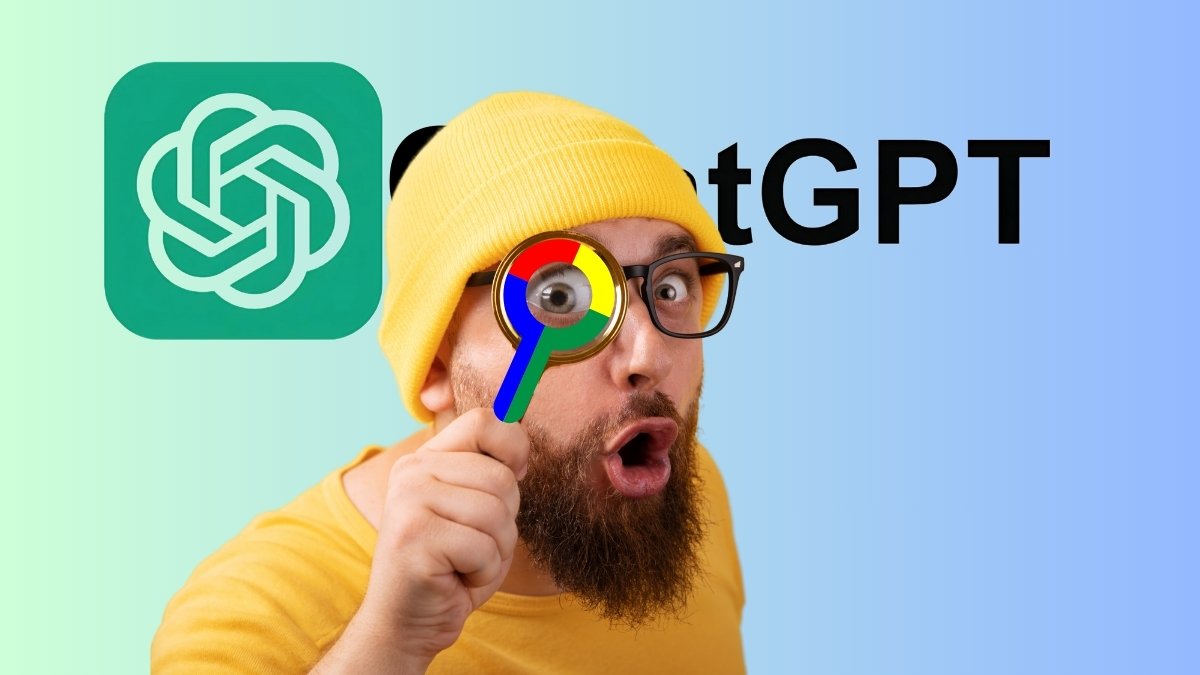Recently, Nintendo caught its fans by surprise with the announcement of Nintendo Music, a dedicated streaming app available for Android and iOS. This comes off the heels of another quirky release this month—the Nintendo Alarmo, a themed alarm clock. However, the company is leaving fans hanging with no official word about the Switch 2, despite ongoing leaks about its hardware specs and potential release dates that have been floating around for months.
Fire up the Nintendo Music app and you’ll instantly be reminded of familiar interfaces like those of Spotify and other music streaming platforms. It carries the same core functionalities, complete with Nintendo-curated playlists. Interestingly, it offers some novel features too, such as a spoiler filter for songs from specific games and the option to extend certain tracks to play for up to an hour instead of looping.
Now, you’re probably itching to try this app. If you’re a fan, there’s a good chance you’ve already started downloading it on your Android or iOS device. Provided you have an active Nintendo Switch Online membership—even a free trial—you’re all set to dive into Nintendo Music’s offerings.
However, let’s address the elephants in the room.
Firstly, why has Nintendo ventured into creating a standalone music app when it could have simply made its soundtracks available on platforms like Spotify? This move isn’t particularly enticing for listeners who prefer a cohesive music library. Having official Nintendo soundtracks is a treat, but it’s less convenient when they require a separate app and perhaps a subscription, especially for those who enjoy varied music offerings and social features on existing platforms.
For over two decades, dedicated Nintendo fans have been busy uploading soundtracks to YouTube and other platforms. Nintendo’s decision to enter the scene now feels a bit overdue. More puzzling is the absence of composer and artist details on tracks within Nintendo Music, as it only lists the game titles. In the past, fans who uploaded soundtracks would often include comprehensive information about composers and artists.
With the launch of Nintendo Music, Nintendo’s previous copyright actions against fan uploads perhaps make a bit more sense. Yet, despite being in a prime position to provide this info, Nintendo seems to miss out on some key aspects of game soundtrack preservation.
Adding to the frustration is the app’s limited selection. At the time of writing, though Nintendo consoles across generations are technically represented, only 23 soundtracks are available. This limitation leaves out many iconic soundtracks, some even hinted at in the announcement trailer—which misleadingly suggested that the Super Mario 64 soundtrack was included, though it’s not.
Given the rich catalog of classic games and music in Nintendo’s arsenal, one would expect a more robust library at the app’s launch, especially after taking decades to offer this service and opting for a standalone app.
To wrap it up—when will fans get to enjoy the Legend of the Seven Stars OST?







![[FREE Game Giveaway] Win Lost Records: Bloom and Rage for PlayStation 5 (NA Region) [FREE Game Giveaway] Win Lost Records: Bloom and Rage for PlayStation 5 (NA Region)](https://www.gamerlounge.co.uk/wp-content/uploads/2025/04/FREE-Game-Giveaway-Win-Lost-Records-Bloom-and-Rage-for-360x180.jpg)







































